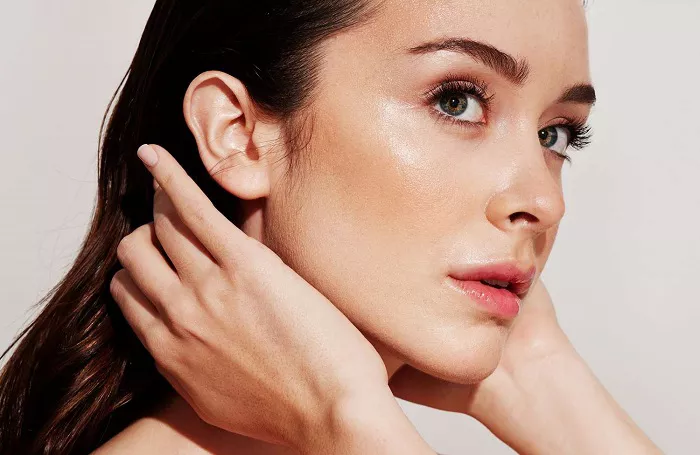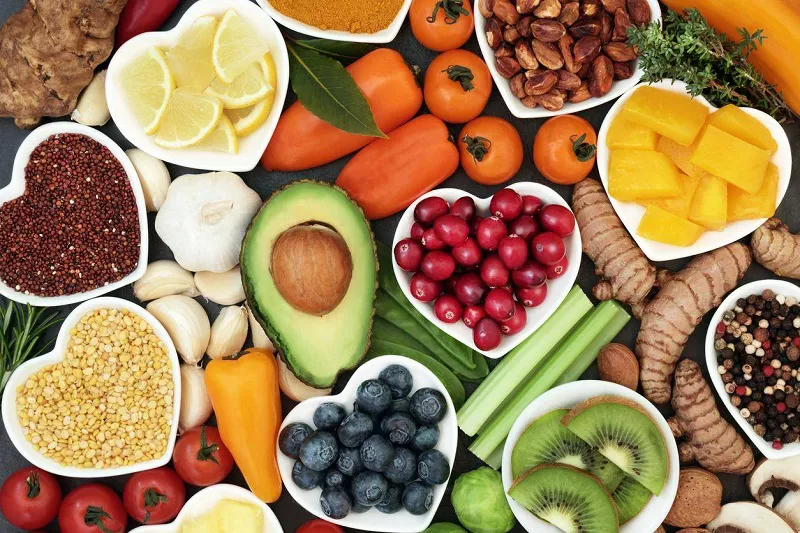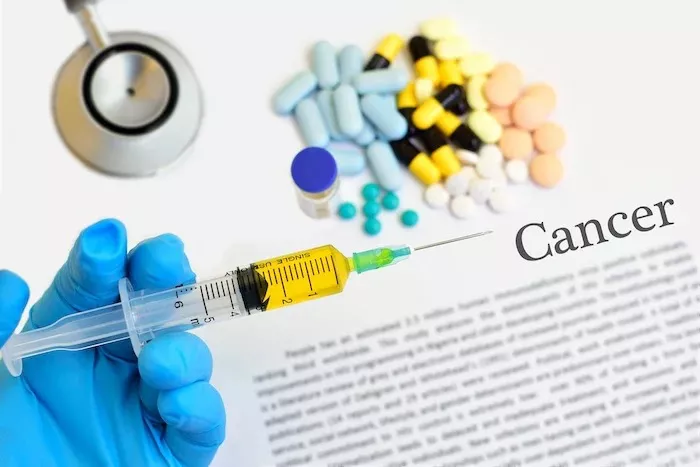Thinning hair is a common problem that affects both men and women. While there are many factors that can contribute to thinning hair, including genetics, age, and hormonal changes, there are also several vitamins that can help promote healthy hair growth and reduce hair loss. In this article, we will explore what vitamins help thinning hair, the benefits of these vitamins, and how to incorporate them into your diet or supplement routine.
Vitamin A
Vitamin A is an essential vitamin that plays a crucial role in healthy hair growth. It helps to produce sebum, which is an oily substance that helps to keep the scalp moisturized and healthy. A deficiency in vitamin A can lead to dry, brittle hair and an itchy, flaky scalp.
However, it is important to note that too much vitamin A can also be harmful and lead to hair loss. The recommended daily intake of vitamin A is 700-900 mcg for adults, and it is best to get this vitamin from food sources rather than supplements.
Good food sources of vitamin A include sweet potatoes, carrots, spinach, kale, and liver.
Vitamin B
The B vitamins are a group of vitamins that are essential for healthy hair growth. They help to produce red blood cells, which carry oxygen and nutrients to the hair follicles. They also help to maintain healthy skin and nails.
There are several B vitamins that are particularly important for healthy hair growth, including:
Biotin: Biotin is a B vitamin that is often referred to as the “hair vitamin.” It helps to produce keratin, which is a protein that makes up the hair, skin, and nails. A deficiency in biotin can lead to hair loss and brittle nails. Good food sources of biotin include eggs, nuts, and whole grains.
Vitamin B12: Vitamin B12 is another B vitamin that is important for healthy hair growth. It helps to produce red blood cells, which carry oxygen and nutrients to the hair follicles. A deficiency in vitamin B12 can lead to hair loss and premature graying. Good food sources of vitamin B12 include meat, fish, and dairy products.
Niacin: Niacin is a B vitamin that helps to improve blood circulation and deliver oxygen and nutrients to the hair follicles. A deficiency in niacin can lead to hair loss and a dry, itchy scalp. Good food sources of niacin include chicken, fish, and whole grains.
Vitamin C
Vitamin C is an antioxidant that helps to protect the hair follicles from damage caused by free radicals. It also helps to produce collagen, which is a protein that makes up the hair, skin, and nails. A deficiency in vitamin C can lead to dry, brittle hair and a dry, itchy scalp.
Good food sources of vitamin C include citrus fruits, berries, kiwi, and peppers.
Vitamin D
Vitamin D is an essential vitamin that is important for healthy hair growth. It helps to regulate the growth and differentiation of hair follicles. A deficiency in vitamin D can lead to hair loss and a dry, itchy scalp.
Good food sources of vitamin D include fatty fish, egg yolks, and fortified foods such as milk and cereal. However, it can be difficult to get enough vitamin D from food alone, so many people choose to take a vitamin D supplement.
Vitamin E
Vitamin E is an antioxidant that helps to protect the hair follicles from damage caused by free radicals. It also helps to improve blood circulation and deliver oxygen and nutrients to the hair follicles. A deficiency in vitamin E can lead to dry, brittle hair and a dry, itchy scalp.
Good food sources of vitamin E include nuts, seeds, and leafy greens.
How to Incorporate These Vitamins into Your Diet or Supplement Routine
The best way to get these vitamins is through a healthy diet that includes a variety of nutrient-dense foods. However, if you are unable to get enough of these vitamins from your diet alone, you may want to consider taking a supplement.
When choosing a supplement, it is important to choose a high-quality product that contains the recommended daily intake of the vitamin. It is also important to talk to your healthcare provider before starting any new supplement regimen, especially if you are pregnant, breastfeeding, or taking medication.
Conclusion
In conclusion, there are several vitamins that can help promote healthy hair growth and reduce hair loss. These vitamins include vitamin A, the B vitamins (particularly biotin, vitamin B12, and niacin), vitamin C, vitamin D, and vitamin E. The best way to get these vitamins is through a healthy diet that includes a variety of nutrient-dense foods. However, if you are unable to get enough of these vitamins from your diet alone, you may want to consider taking a supplement. Remember to talk to your healthcare provider before starting any new supplement regimen.
[inline_related_posts title=”You Might Be Interested In” title_align=”left” style=”list” number=”6″ align=”none” ids=”3692,3690,3694″ by=”categories” orderby=”rand” order=”DESC” hide_thumb=”no” thumb_right=”no” views=”no” date=”yes” grid_columns=”2″ post_type=”” tax=””]
































